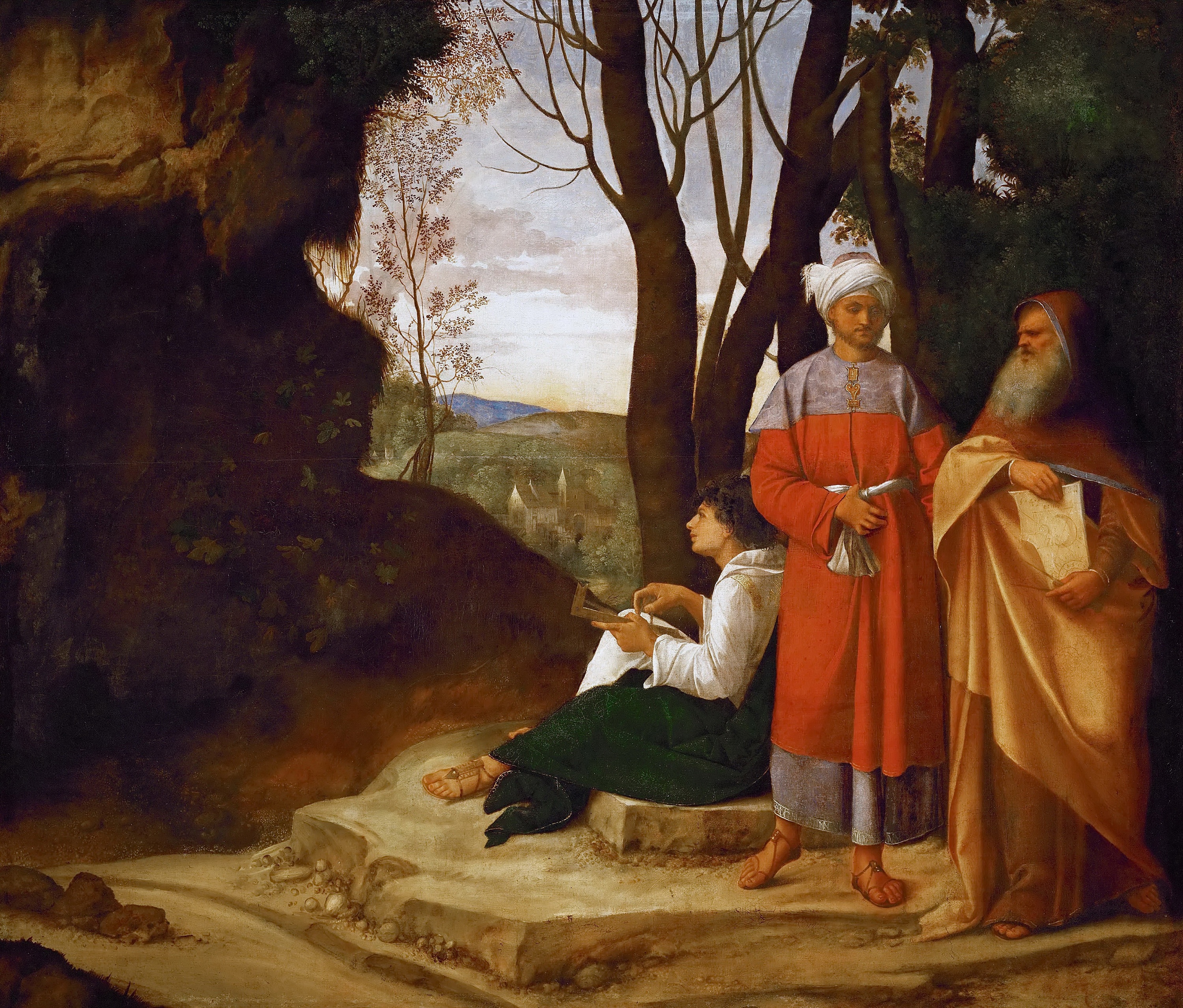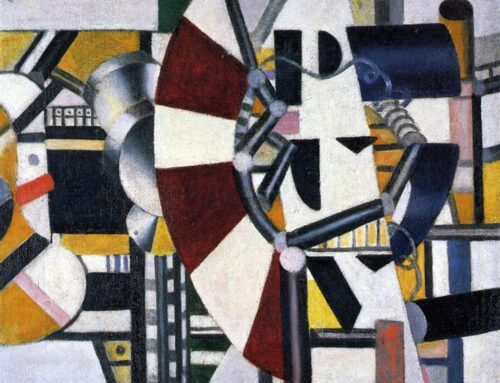Philosophy, science, and medicine: on their organic relationship as a tree
In the next place, he ought to study Logic, not that of the schools, for it is only, properly speaking, a dialectic which teaches the mode of expounding to others what we already know, or even of speaking much, without judgment, of what we do not know, by which means it corrupts rather than increases good sense–but the logic which teaches the right conduct of the reason with the view of discovering the truths of which we are ignorant; and, because it greatly depends on usage, it is desirable he should exercise himself for a length of time in practising its rules on easy and simple questions, as those of the mathematics. Then, when he has acquired some skill in discovering the truth in these questions, he should commence to apply himself in earnest to true philosophy, of which the first part is Metaphysics, containing the principles of knowledge, among which is the explication of the principal attributes of God, of the immateriality of the soul, and of all the clear and simple notions that are in us; the second is Physics, in which, after finding the true principles of material things, we examine, in general, how the whole universe has been framed; in the next place, we consider, in particular, the nature of the earth, and of all the bodies that are most generally found upon it, as air, water, fire, the loadstone and other minerals. In the next place it is necessary also to examine singly the nature of plants, of animals, and above all of man, in order that we may thereafter be able to discover the other sciences that are useful to us. Thus, all Philosophy is like a tree, of which Metaphysics is the root, Physics the trunk, and all the other sciences the branches that grow out of this trunk, which are reduced to three principal, namely, Medicine, Mechanics, and Ethics. By the science of Morals, I understand the highest and most perfect which, presupposing an entire knowledge of the other sciences, is the last degree of wisdom.
But as it is not from the roots or the trunks of trees that we gather the fruit, but only from the extremities of their branches, so the principal utility of philosophy depends on the separate uses of its parts, which we can only learn last of all.
René Descartes, Letter to Claude Picot, French translator of his Principles of Philosophy






Leave A Comment